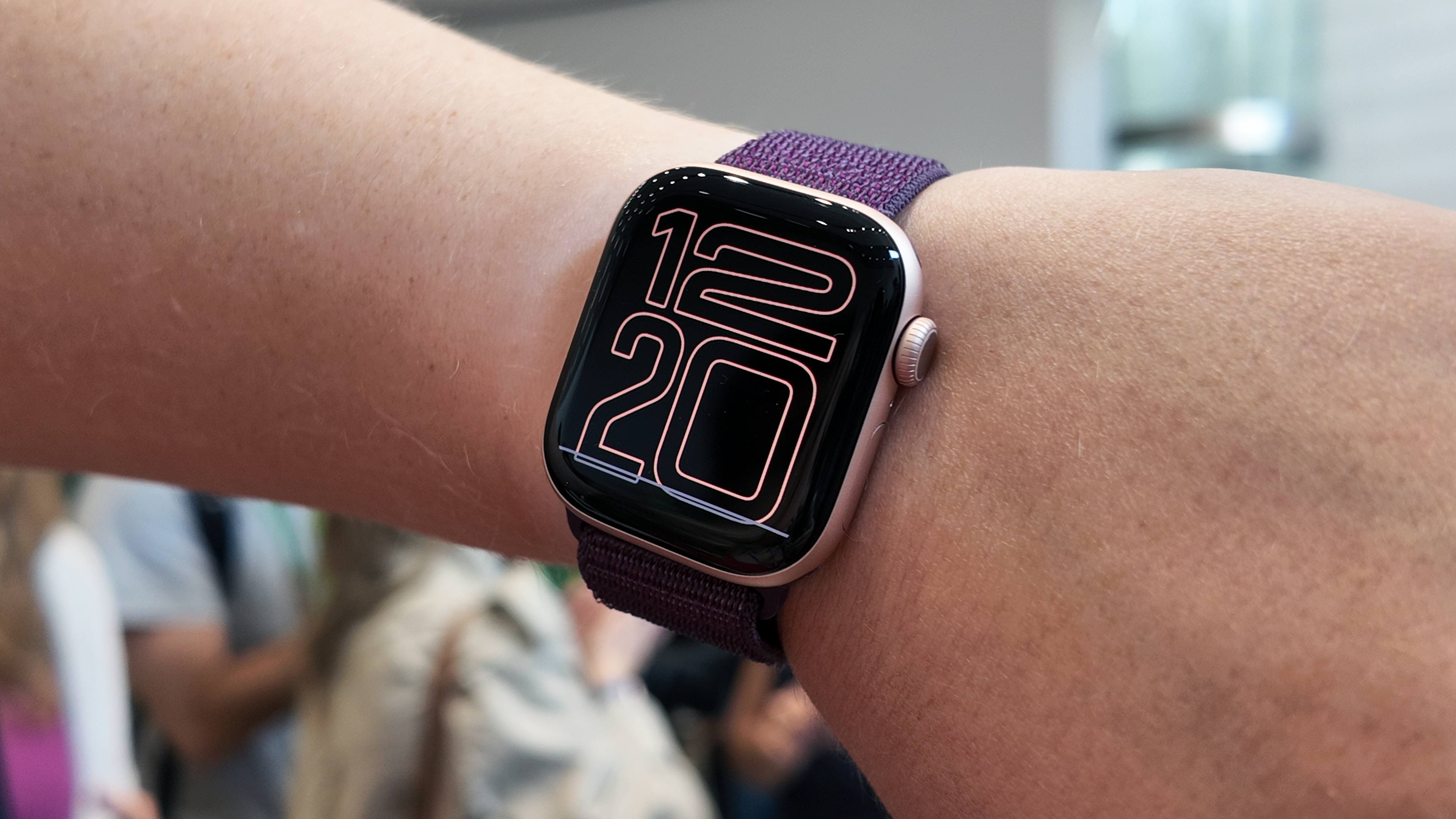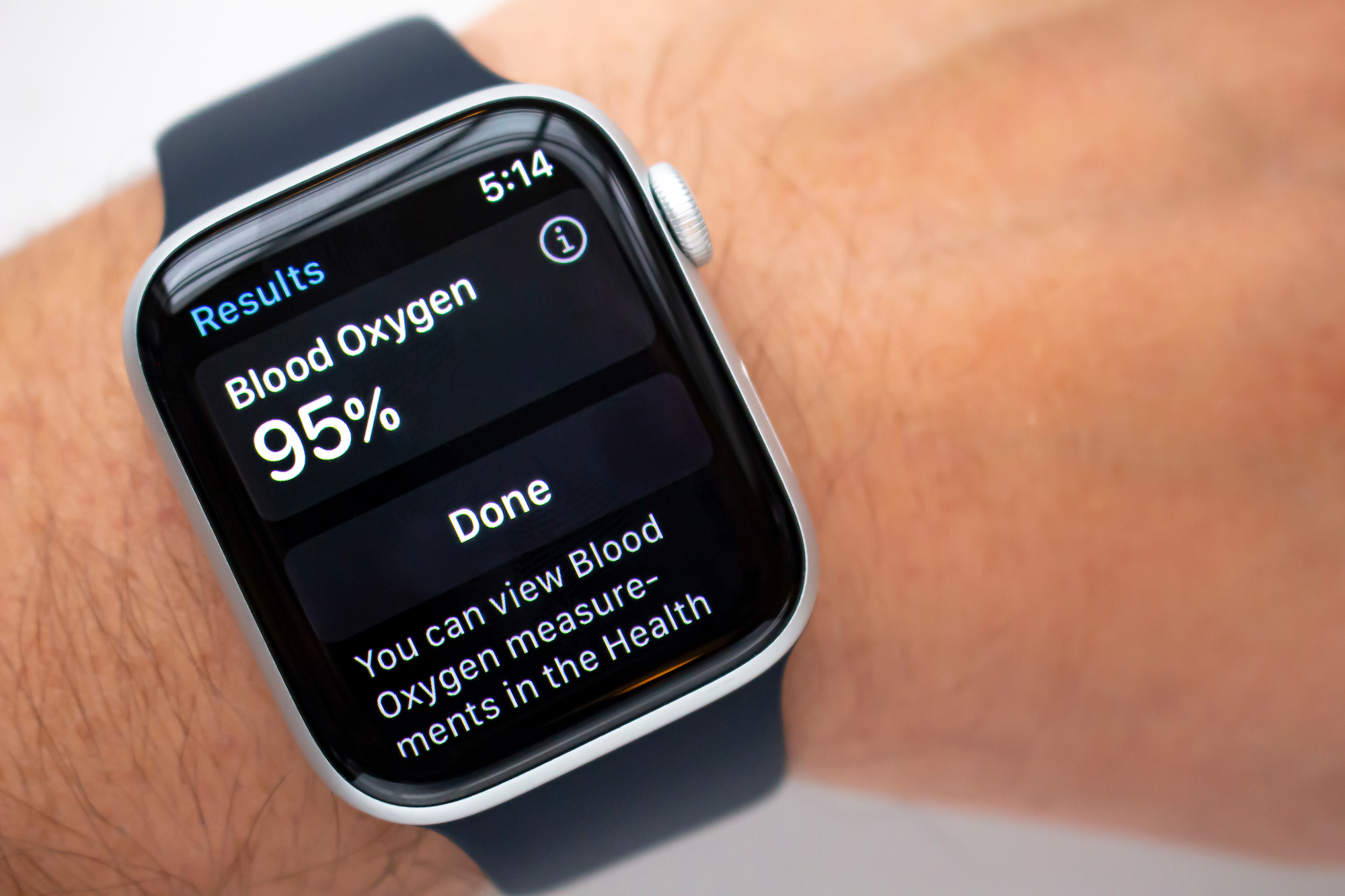Is Apple playing the waiting game? Smartwatches still lack key health feature
Apple seems content to keep fighting...or waiting

While the rumor mill has been quiet, Apple will likely release a new version of the Apple Watch later this year. And those wearables, despite being some of the best smartwatches, will still be missing a significant health tracking tool — blood oxygen monitoring (or Sp02).
It's a feature that Apple Watches in the United once had but has been missing in action for over a year due to an ongoing legal battle over patents.
As of this writing, the feature remains disabled in new Apple Watch Series 10 and Ultra 2 devices sold in the US. A recent "Power On" column by Bloomberg's Mark Gurman suggested that Apple is in no hurry to bring it back.
As he writes, Apple isn't settling the lawsuit, nor does the company appear to be building a version of the feature that gets around the disputed patents.
A brief timeline

- Blood oxygen monitoring was introduced with the Apple Watch Series 6 in 2020 as a key health metric.
- The medical tech company Masimo sued Apple, claiming the feature infringed on its pulse oximetry patents
- In late 2023, the US International Trade Commission (ITC) ruled against Apple
- Apple had to disable the feature on new Apple Watch Series 9 and Ultra 2 models sold in the US starting in early 2024 to avoid a ban
- October 2024: Apple wins a patent lawsuit (and $250) against Masimo, but it didn't affect the Sp02 case
And that's where we stand now. For those who bought an Apple Watch before January 2024, you still have the Sp02 feature, but anything sold since then including the Series 9, Series 10, and Ultra 2 lack the tracking metric.
Early last year, CEO Tim Cook's public stance was that Apple would focus on appealing the ITC ruling rather than licensing from Masimo.
While lawsuits can be protracted and bogged down in legalese, it's surprising that Apple's strategy appears to be to wait it out.
Get instant access to breaking news, the hottest reviews, great deals and helpful tips.
Especially since several competitors offer the same or a similar feature including Samsung's Galaxy Watches, Google's Fitbit devices, Garmin watches and the smart rings like the Oura Ring 4 or the Samsung Galaxy Ring.
Why is Apple waiting?

As mentioned, Apple's public stance so far is to appeal the ITC ruling.
Tom's Guide looked up the two patents that Masimo is claiming Apple infringed with its blood oxygen tracker.
The patents — US 10912502B2 and US 10945648B2 — are largely about ways to noninvasively track "various blood constituents... such as glucose."
Both patents are expected to expire on August 25, 2028. It's possible that Apple is waiting for the patents to expire. This would be a strange strategy, though, considering how quickly tech moves. 2028 is three generations of watches from now, and the space could be wildly different then.
Beyond that, our understanding is that Masimo could "extend" the life of the patent by filing patent applications for improvements and modifications. Though the changes need to be considered "non-obvious." By 2028, will they need to?
Tom's Guide reached out to Apple for comment and will update if the company responds.
Meanwhile, the clock is ticking.
More from Tom's Guide
- Apple CarPlay just got 3 upgrades with iOS 18.4 — here’s what’s new
- Apple reportedly working on smart glasses with Apple Intelligence to take on Meta
- I'm a long-time iPhone owner, but I rarely use Apple Intelligence - here's why

Scott Younker is the West Coast Reporter at Tom’s Guide. He covers all the lastest tech news. He’s been involved in tech since 2011 at various outlets and is on an ongoing hunt to build the easiest to use home media system. When not writing about the latest devices, you are more than welcome to discuss board games or disc golf with him. He also handles all the Connections coverage on Tom's Guide and has been playing the addictive NYT game since it released.
You must confirm your public display name before commenting
Please logout and then login again, you will then be prompted to enter your display name.
 Club Benefits
Club Benefits





